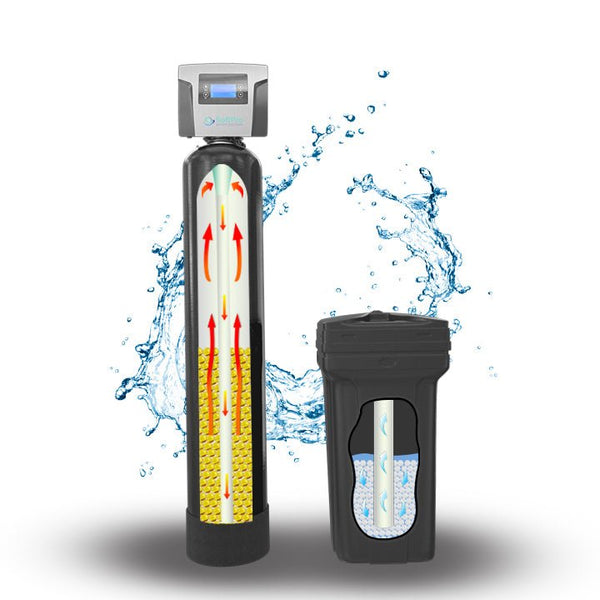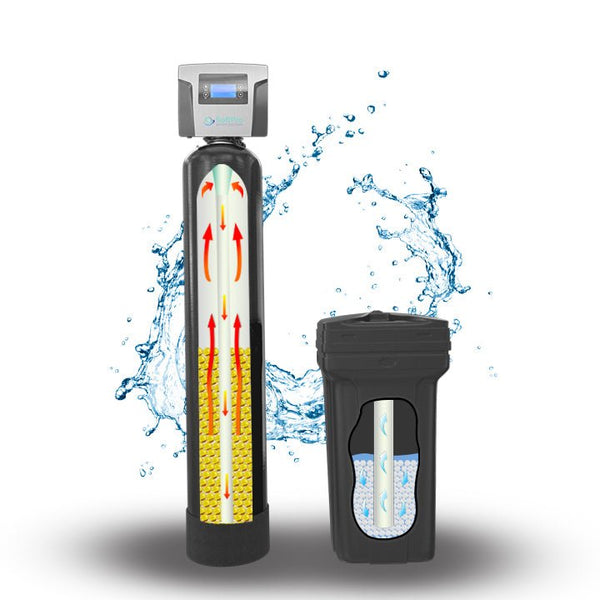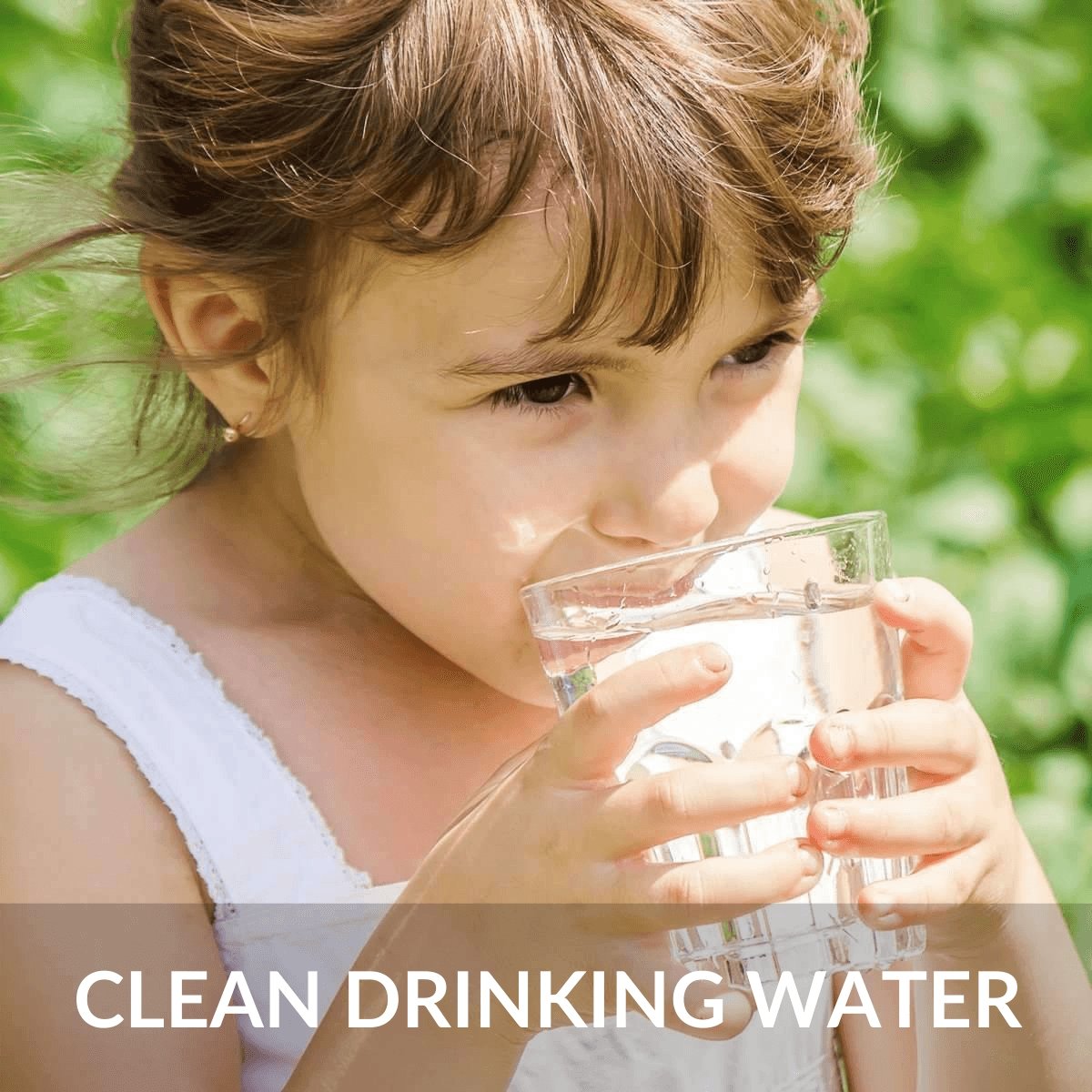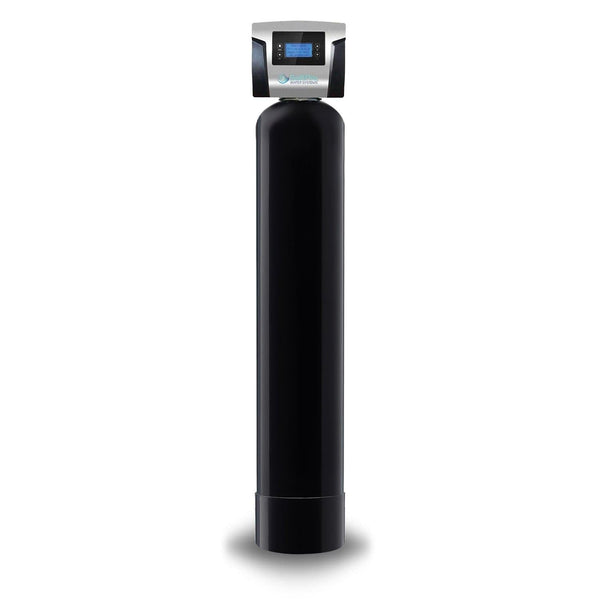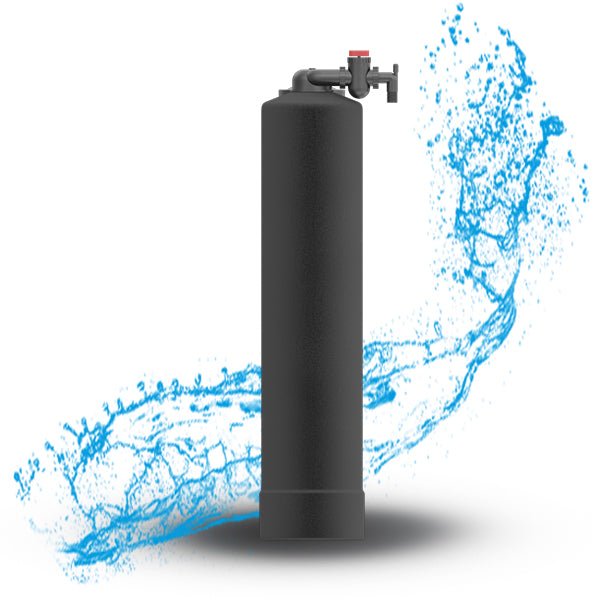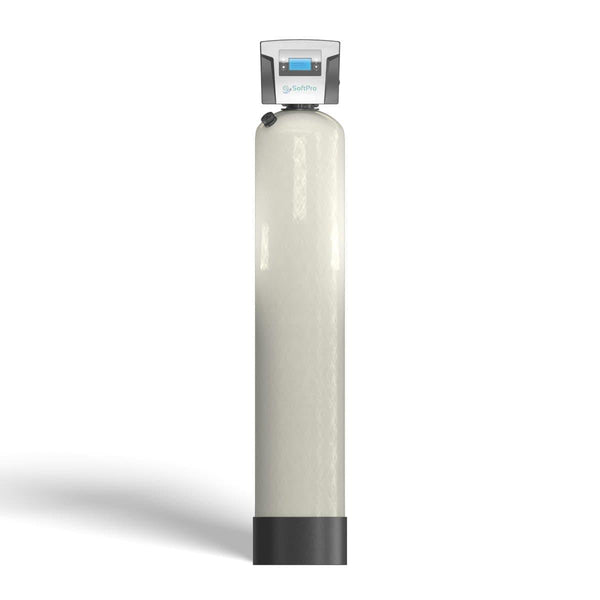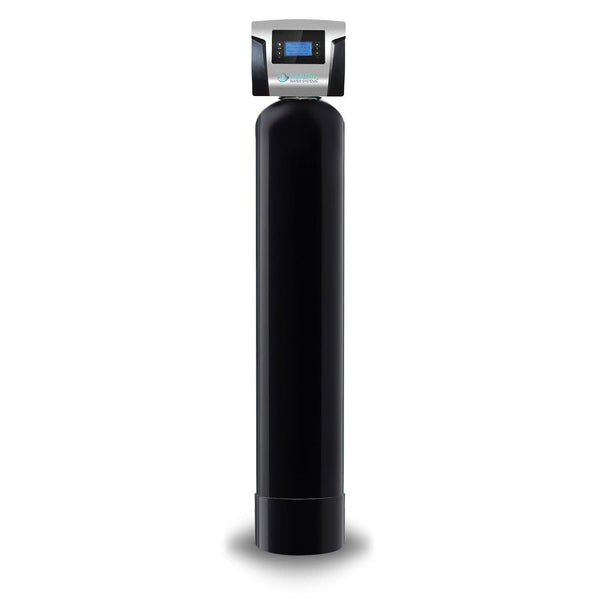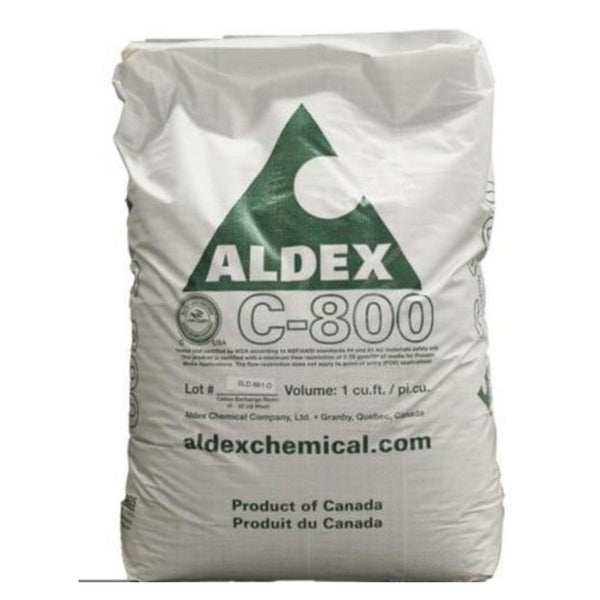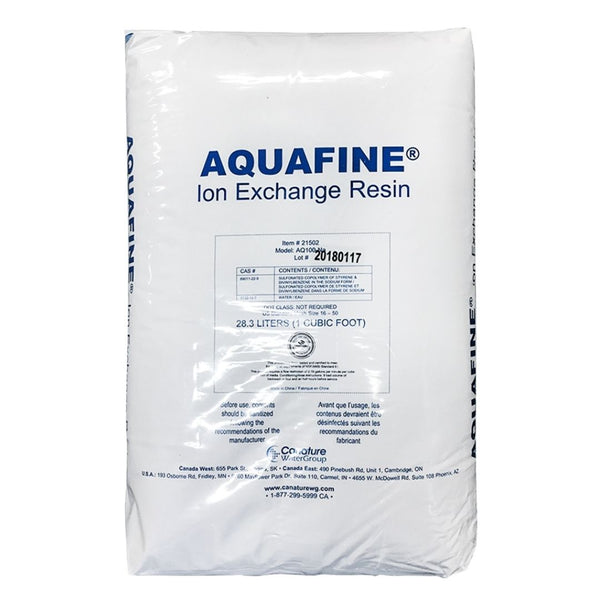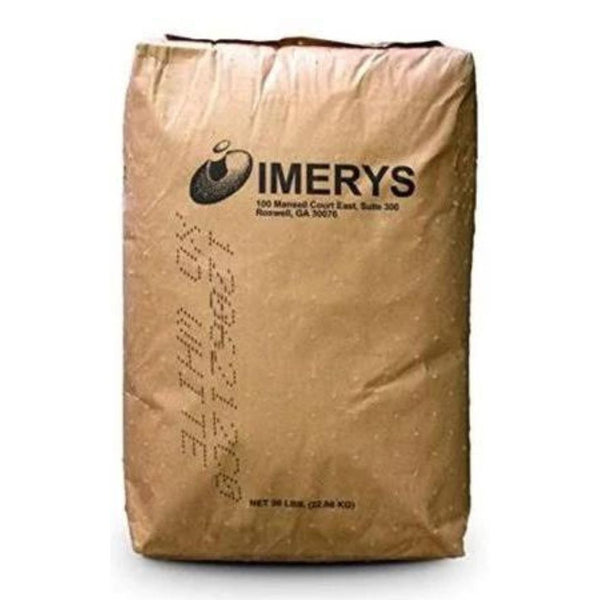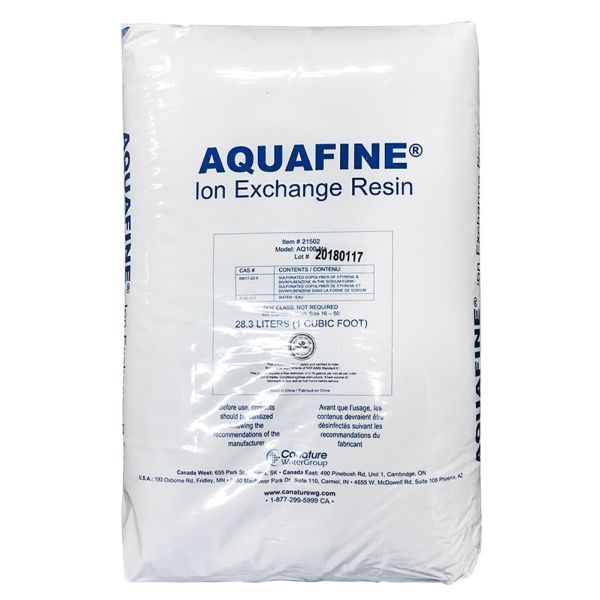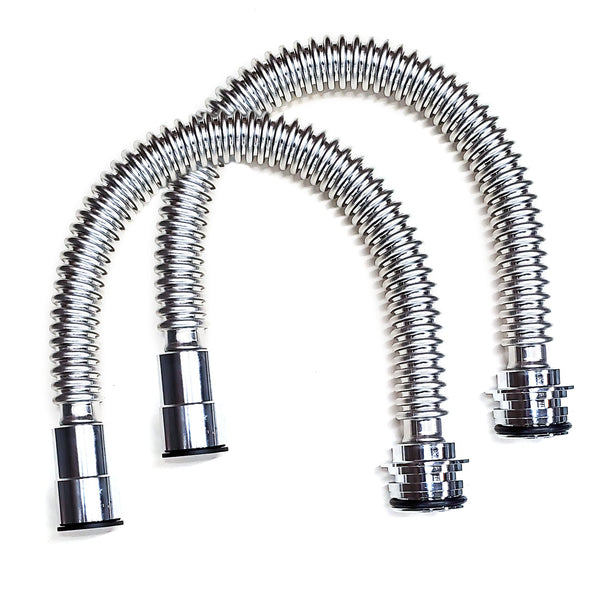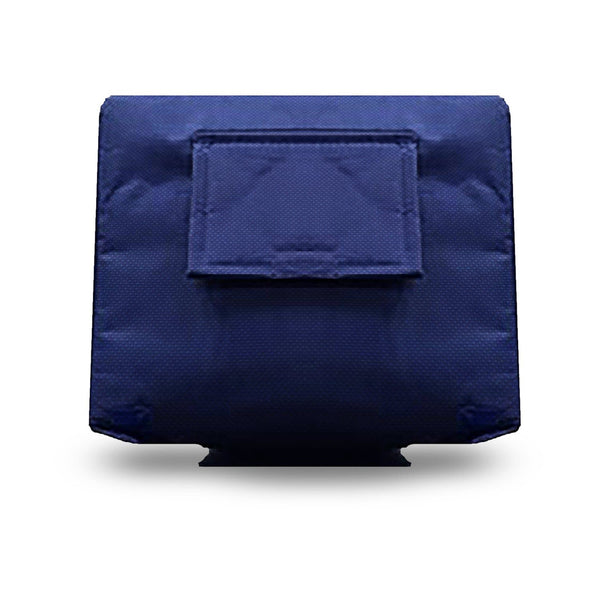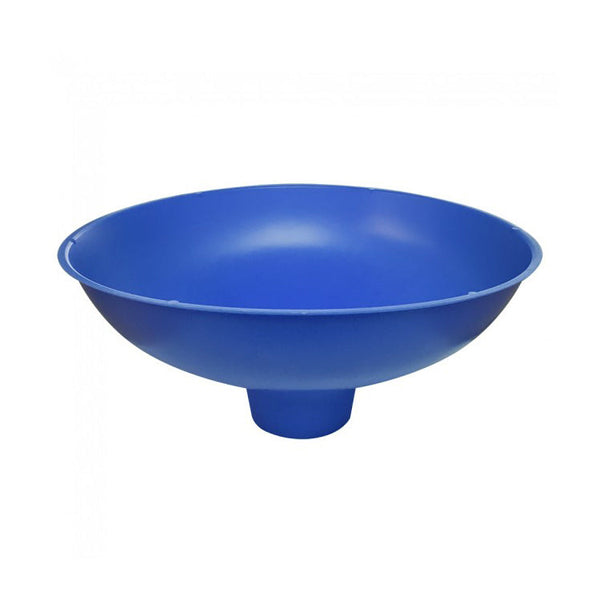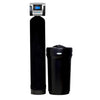News

What Should Be the Water Softener Capacity Set As?
The optimal water softener capacity depends primarily on two factors: your household's daily water usage and the hardness of your water supply. Water hardness is measured in grains per gallon (GPG). To calculate capacity, you'll need to determine your daily water usage (in gallons) and multiply it by your water...

Benefits of Water Softener for Smooth Skin and Shiny Hair
Hard water, laden with minerals like calcium and magnesium, can wreak havoc on your skin and hair. Installing a water softener can be a game-changer, transforming your shower experience and potentially improving skin hydration, reducing dryness and irritation, enhancing hair smoothness and manageability, and even preserving color vibrancy for treated...

What Are the Different Types of Salt-free Water Softeners Available?
Water hardness is a common problem that affects many households and businesses, leading to scale buildup, inefficient plumbing, and reduced appliance lifespan. Traditional salt-based water softeners have been the go-to solution for addressing water hardness, but concerns about environmental impact and maintenance requirements have prompted the development of salt-free water...

What Are the Drawbacks of Using a Salt-free Water Softener?
Saltless water softeners are a temptation for those who wish to soften their water without using salt. However, it is important to be aware of the potential drawbacks of salt-free water softeners before making a decision to purchase one. Drawbacks of Salt Free Water Softeners Reduced Softening Capacity Salt-free water...

What Are the Benefits of Using a Salt-free Water Softener?
A salt-free water softener employs a non-salt based approach to eliminate hardness minerals from water. Frequently, these systems function by utilizing a physical procedure, such as a template assisted crystallization (TAC), or an electromagnetic process, to modify the structure of hardness minerals without eliminating them from water. Below are some...

Salt-Based vs Salt-Free Water Softeners: Best Solution for Hard Water Problems
Understanding Hard Water and Water Softening What is Hard Water? Hard water is water with a high mineral content, primarily calcium and magnesium. These minerals can cause numerous problems in your home, including: Scale buildup: Hard water minerals leave behind a chalky residue on fixtures, appliances, and inside pipes, reducing their...

How to Save Money on Ion Exchange Water Softener Salt?
Understanding the Cost of Water Softener Salt Water softener salt typically costs between $4 and $10 per 40-pound bag, depending on the type of salt, brand, and location. Several factors influence the overall cost of water softener salt, including: Water hardness: Homes with harder water require more frequent regeneration cycles, leading...

How Much Does It Cost to Operate and Maintain an Ion Exchange Water Softener?
Initial Purchase Costs The average cost of an ion exchange water softener system ranges from $500 to $6,000, depending on factors such as type, capacity, brand, and installation complexity. Let's break down the initial costs involved in more detail: System Costs: Different Types and Price Ranges Single-Tank vs. Dual-Tank Systems: Single-tank...

How Much Does an Ion Exchange Water Softener Cost?
Understanding Ion Exchange Water Softeners and Their Benefits Ion exchange water softeners are household appliances that remove hard water minerals, primarily calcium and magnesium, through a process called ion exchange. This process effectively eliminates the common problems associated with hard water, such as soap scum buildup, dry skin and hair,...

How to Reduce the Salt Consumption of an Ion Exchange Water Softener?
Why Does My Water Softener Use So Much Salt? Water softeners use salt to remove hardness minerals, primarily calcium and magnesium, from water. The amount of salt consumed directly correlates with the amount of water treated and the hardness level of the water. However, several factors can influence salt consumption,...

How Much Water Does an Ion Exchange Water Softener Waste?
On average, an ion exchange water softener wastes 25 gallons of water per day during the regeneration process. This translates to roughly 9,125 gallons per year. However, this is just an estimate, and the actual water waste can vary significantly depending on several factors: Water hardness: Harder water requires more frequent...

What is the Salt Efficiency of an Ion Exchange Water Softener?
Understanding Salt Efficiency in Ion Exchange Water Softeners Salt efficiency in ion exchange water softeners refers to their ability to remove hardness minerals from water using the least amount of salt. It's an important factor to consider because it not only impacts operating costs but also minimizes environmental impact through...










